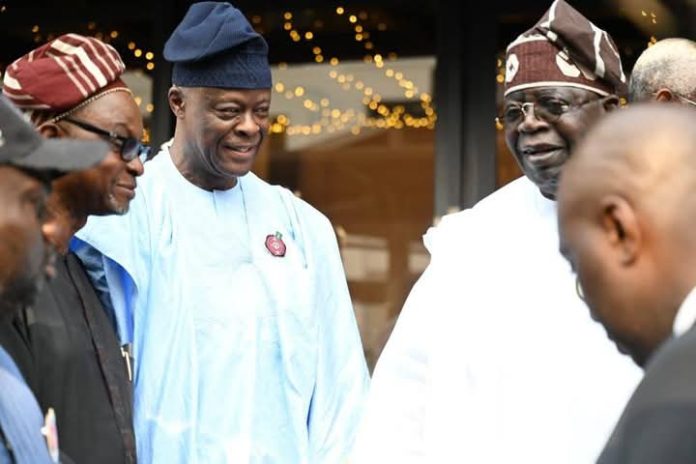In a landmark announcement, the Honourable Minister of Finance and Coordinating Minister of the Economy, Mr. Wale Edun, has outlined Nigeria’s ambitious economic blueprint aimed at fostering sustainable growth and alleviating poverty. Central to this strategy is a proposed ₦50 trillion budget for 2025, underscored by strategic investments and transformative reforms.
Speaking during a stakeholder engagement session at the Ministry of Finance Auditorium in Abuja, Mr. Edun emphasized President Bola Ahmed Tinubu’s unwavering commitment to economic reform and inclusive growth. He highlighted the administration’s resolve to lift millions of Nigerians out of poverty through sound fiscal management and innovative initiatives.
Key Achievements and Targets
Among the notable achievements of the administration are subsidy reforms, which have stabilized Nigeria’s macroeconomic environment. These reforms have reduced the fiscal deficit to 4.4% and brought the debt service-to-revenue ratio down significantly from 149% in 2023 to 67%. Additionally, foreign reserves have experienced a marked increase, now standing at $42 billion.
The government’s multi-pronged approach focuses on critical sectors such as energy, agriculture, industry, and social protection. Significant investments are being made in compressed natural gas (CNG), liquefied petroleum gas (LPG), and renewable energy to transition Nigeria to a cleaner energy future. Meanwhile, large-scale farming initiatives are bolstering food security efforts, and the nation’s thriving digital economy continues to position Nigeria as a hub for African unicorn startups.
Future Projections
Looking ahead, the government projects ₦35 trillion in revenue for 2025—nearly double the levels of 2024. To achieve its ambitious goals, Nigeria targets $20 billion in investments by 2027 to fuel economic growth and job creation.
This comprehensive economic plan reflects the Tinubu administration’s commitment to building a prosperous and resilient Nigeria. With the groundwork being laid for sustainable development, the government aims to significantly improve the quality of life for all Nigerians.
The unveiling of this plan signals a bold step forward in Nigeria’s journey toward economic stability and social progress.




